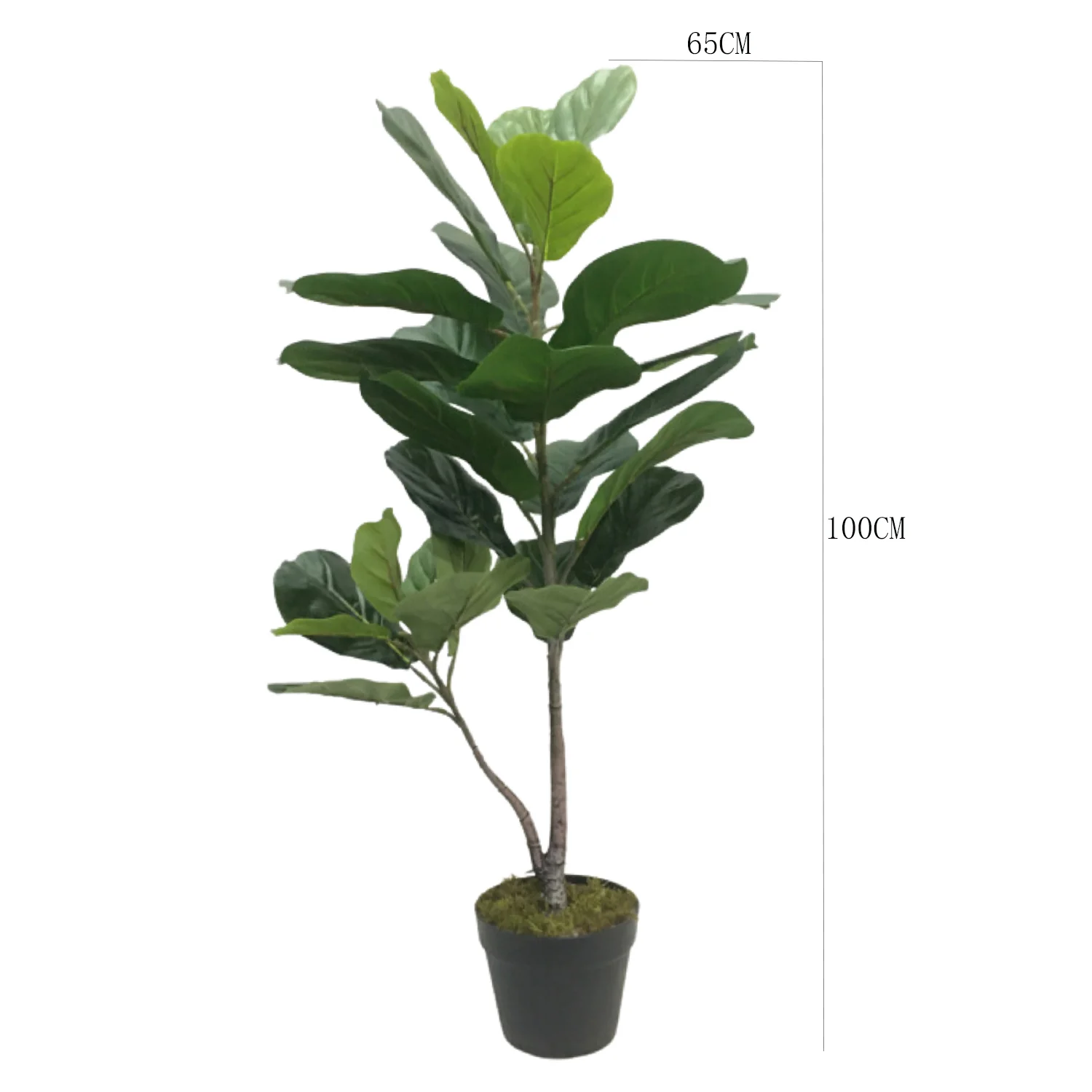The Science Behind Mattress Firmness: Unraveling the Mystery for Back Pain Relief
2 min readBack pain is a common ailment that affects millions of people worldwide. While various factors contribute to back pain, including posture, physical activity, and underlying medical conditions, the type of mattress you sleep on can also play a significant role. In this blog post, we will delve into the debate of whether a harder or softer mattress is better for back pain, exploring the scientific evidence behind each option to help you make an informed decision.
- Understanding the Mechanics of Back Pain:
Before we delve into the mattress firmness debate, it is crucial to understand the mechanics of back pain. The spine consists of vertebrae, discs, and muscles that work together to provide support and flexibility. When the spine is misaligned or subjected to excessive pressure, it can lead to discomfort and pain. Therefore, finding the right mattress that promotes spinal alignment is essential. - The Case for a Harder Mattress:
Traditionally, a harder mattress has been recommended for individuals with back pain. The belief is that a firm surface provides better support and prevents the spine from sinking into the mattress, thus maintaining proper alignment. Additionally, a firmer mattress can distribute body weight more evenly, reducing pressure points that may exacerbate back pain. - The Case for a Softer Mattress:
Contrary to popular belief, recent studies suggest that a softer mattress may be more beneficial for individuals with back pain. A softer mattress can conform to the body's natural curves, reducing pressure on specific areas and promoting better blood circulation. This can alleviate discomfort and help relax muscles, allowing for a more restful sleep. - The Middle Ground: Medium-Firm Mattresses:
While the debate between harder and softer mattresses continues, many experts now advocate for a middle ground - medium-firm mattresses. These mattresses offer a balance between support and comfort, providing adequate spinal alignment while still allowing some degree of contouring to the body's curves. Medium-firm mattresses have shown promising results in reducing back pain and improving sleep quality. - Personal Preference and Individual Factors:
It is important to note that mattress firmness is not a one-size-fits-all solution. Personal preference and individual factors, such as body weight, sleeping position, and existing back conditions, should also be considered. What works for one person may not work for another. Therefore, it is advisable to try different mattresses and seek professional advice when selecting the right firmness level for your specific needs.
Conclusion:
When it comes to choosing a mattress for back pain relief, the debate between a harder or softer mattress continues. While a harder mattress may provide support and even weight distribution, recent studies suggest that a softer mattress can offer better contouring and pressure relief. Ultimately, finding the right balance between support and comfort is crucial. Consider your personal preferences, individual factors, and seek professional guidance to make an informed decision that promotes spinal alignment and alleviates back pain for a restful night's sleep.

